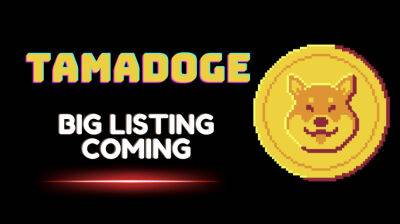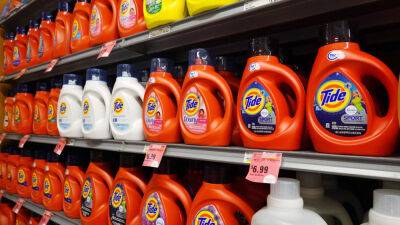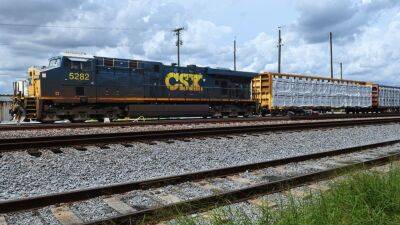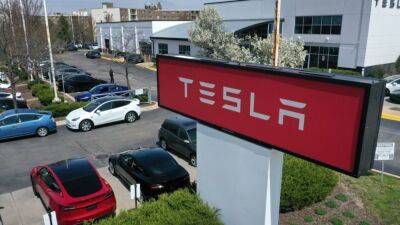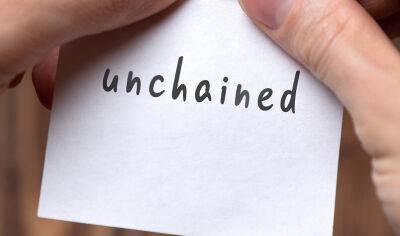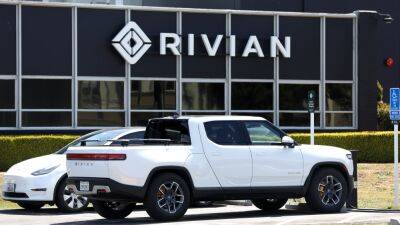DAOs can become a disaster more quickly than you think
As the decentralized finance (DeFi) ecosystem grows in size and influence, the question of how to best govern DeFi protocols has taken center stage. In crypto-native circles, decentralized autonomous organizations (DAOs) are far and away the most popular governance structures.
DAOs are often touted as an all-in-one fix for everything from investor-manager alignment to regulatory risk. However, as a spate of well-publicized internal disputes and regulatory crackdowns has shown, DAO governance is not a panacea.
Blockchain technology, especially trustless smart contracts and distributed ledgers, has created an unprecedented opportunity to build a more transparent financial system, with fewer centralized intermediaries. However, these technologies are still nascent. They should be used to complement — not replace — traditional legal structures.
When it comes to safeguarding investors, there is simply no substitute for traditional legal entities and investor protection regulations.
Although DAOs purport to be decentralized and autonomous, the vast majority of them are virtually identical to conventional technology startups, with founders, investors, product roadmaps and go-to-market strategies.
The main difference between DAOs and traditional businesses is that DAOs, by and large, do not operate within established legal frameworks. Many DAOs are effectively unincorporated associations. The remainder usually opt for relatively exotic, untested legal structures, which confer few, if any, legal rights to stakeholders.
Related: Elizabeth Warren is pushing the Senate to ban your crypto wallet
That’s bad news for investors and users, who are left with little to no recourse if something goes wrong. It’s also a problem for
Read more on cointelegraph.com



